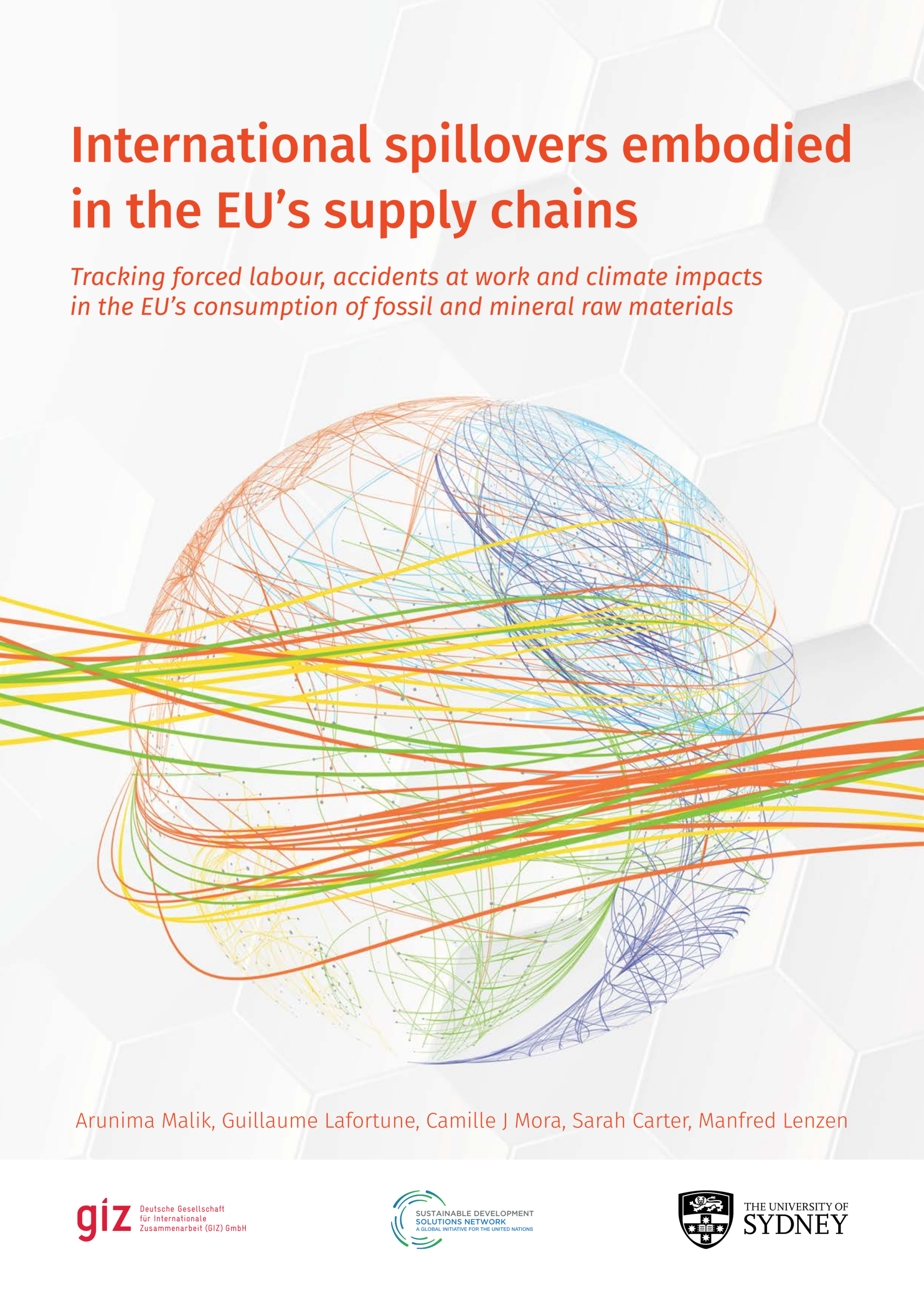
This new study finds that EU's supply chains are linked with 1.2 million cases of forced labour (across all sectors) and minerals specifically are responsible for major socio-environmental impacts mainly in South Asia, Asia-Pacific and Africa.
Fossil and mineral raw materials enable sustainable development and undermine it, causing unintended and detrimental environmental and social impacts via extraction and production processes. In this study, we analyse how consumer demand in the European Union drives environmental and social impacts in mining sectors worldwide. We employ multi-regional input-output analysis to quantify positive (i.e., income, female and male employment) and negative (greenhouse gas emissions, accidents at work, and modern slavery) impacts of mining in raw material sectors, as indicators of the UN Sustainable Development Goals. We trace these environmental and social impacts across the EU’s trading partners to identify sectors and regions as hotspots of international spillovers embodied in the EU’s consumer demand and find that these hotspots are wide-ranging in all continents. We estimate that across all sectors, EU’s consumption is associated with about 4200 cases of fatal accidents at work and 1.2 million cases of modern slavery annually.
Raw material supply chains are respectively responsible for 5% and 3% of these totals, but also 14% of imported GHG emissions. These impacts take place primarily in Central Asia and the Asia Pacific as well as Africa. Our results underline the need for further reforms in mining industries and trade policies to eradicate modern slavery and other adverse social and environmental impacts and to implement safe workplaces for workers.
SIGN UP FOR SDSN UPDATES
Get our latest insights, opportunities to engage with our networks, and more.

Paris
19 rue Bergère
75009 Paris
France
+33 (0) 1 84 86 06 60
New York
475 Riverside Drive
Suite 530
New York NY 10115 USA
+1 (212) 870-3920
Kuala Lumpur
Sunway University
Sunway City Kuala Lumpur
5 Jalan Universiti
Selangor 47500
Malaysia
+60 (3) 7491-8622
